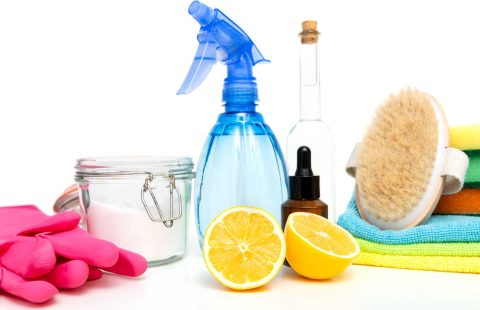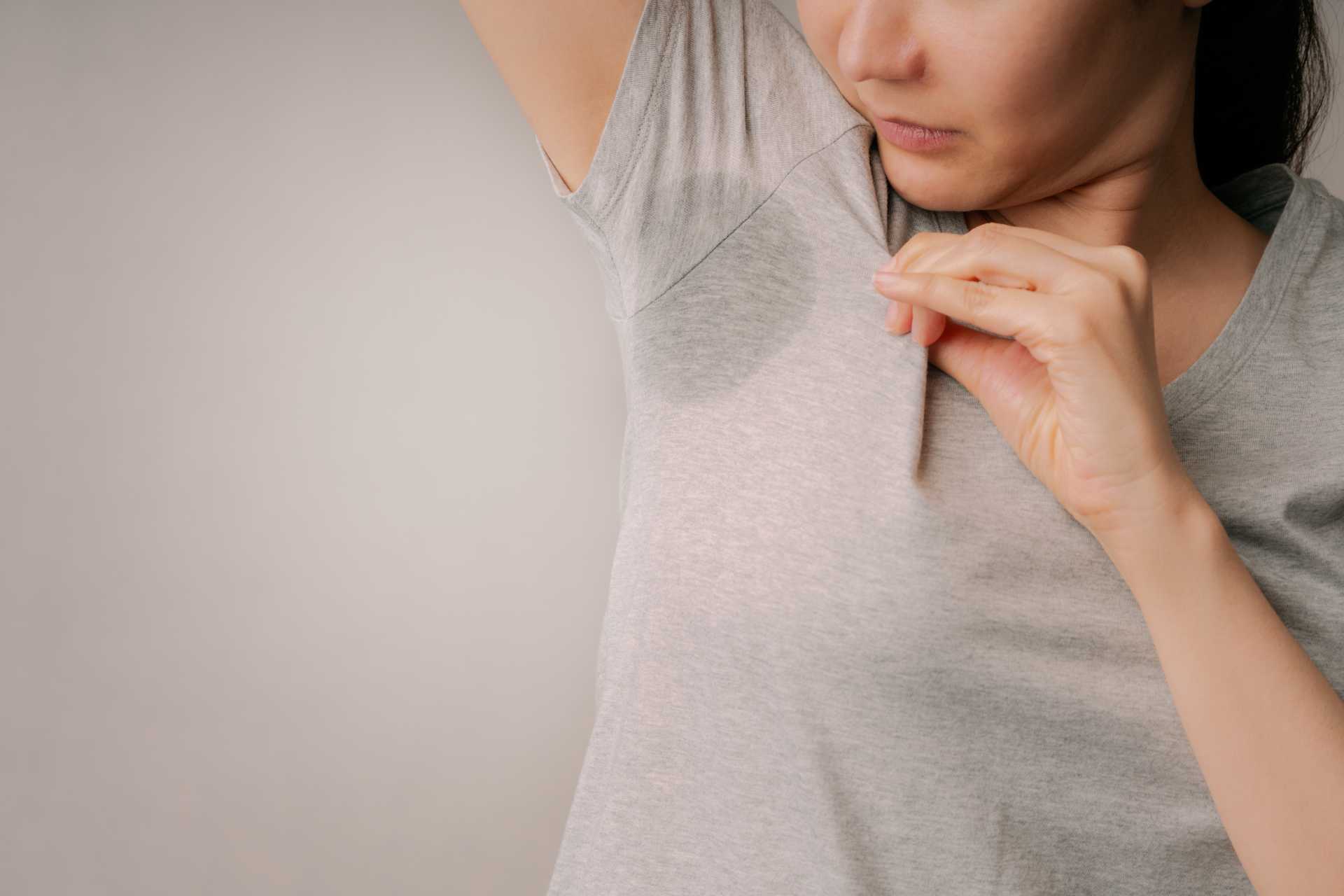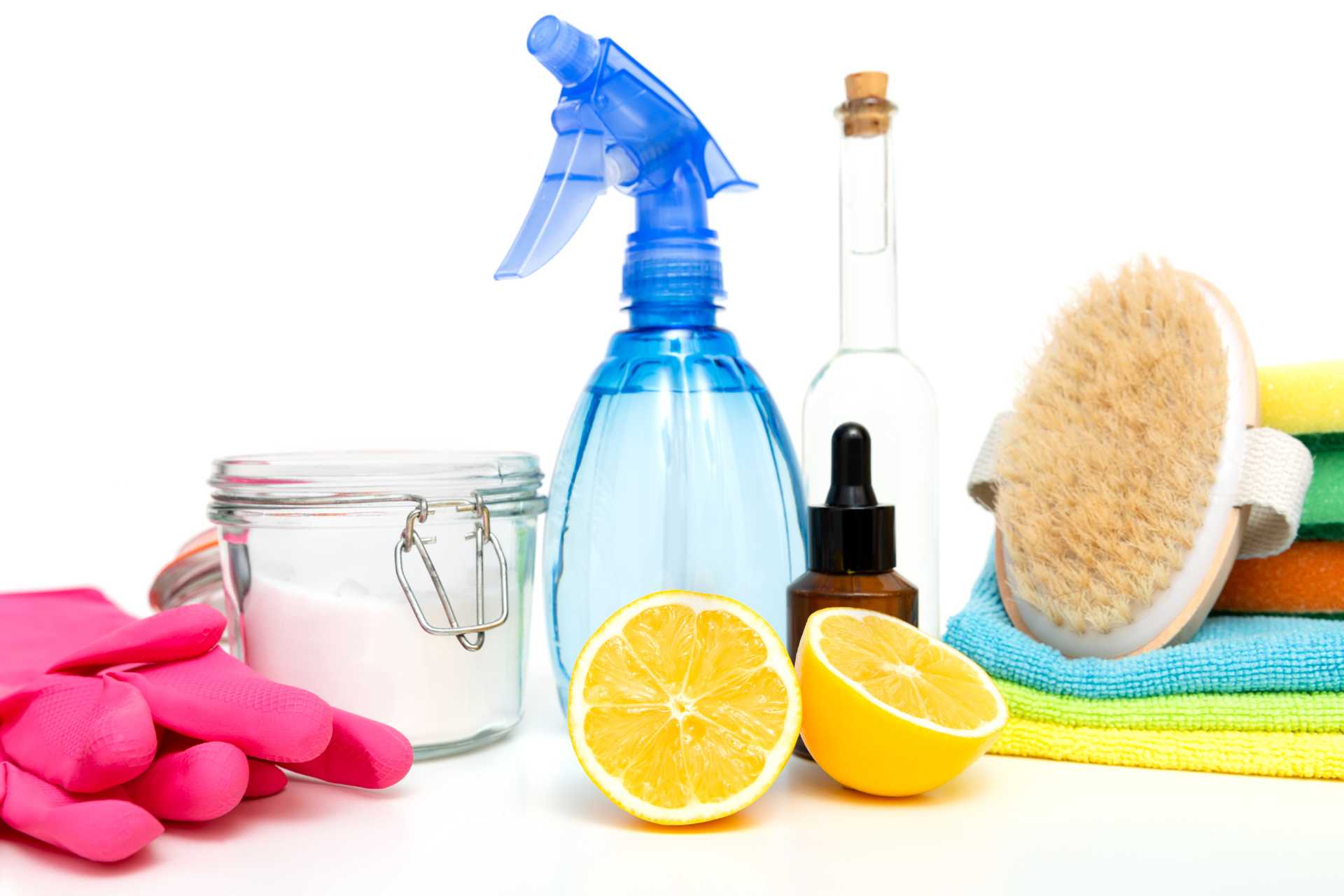During seasonal changes, there are several preparations that should be made to keep your house, structure, and appliance intact. One of the most important things to pay attention to is the irrigation system. Without appropriate preventive measures, you can easily damage your irrigation system during winter. Among the damages that may occur, freezing is the top problem. How do you prepare your irrigation system for winter? Read on for pro tips on protecting your irrigation system.
1. Insulate the fixtures
The first step to preparing your irrigation system for winter is to turn off the water supply that goes into the system. The valve that controls your irrigation system should be covered with protective material to prevent freezing and damage. If you don’t use a general valve, you should consider installing a main shut-off system to prevent damage.
2. Manage your auto-system
Some valve designs come with an automatic system that has a control timer. The rain-mode on these controllers shuts off the signals to the valves but if your auto-system doesn’t have this, you should shut it off manually. With most auto-systems, when you shut off the valve, the programming information of start and run time is not lost, it keeps reading without activating the valve for irrigation. For some people, the processes of getting the system properly disconnected may be stressful so the simple alternative is shut off the general auto-system and simply reprogram the time and settings after winter.
3. Pipe drainage
One of the easiest ways to prepare your irrigation system is to drain the pipes. After turning off the external irrigation, make sure that the pipes are emptied out to avoid freezing and subsequent damage like breaking or bending. If your automatic system controller activates the pump for your Master Valve (MV) then it should be disconnected to avoid overheating. All your above-ground piping should also be insulated with foam tubes or self-sticking foam tape.
4. Protect all valves
Every valve connected to your irrigation system should be protected with insulation materials like foams or a solid plastic bag. A simple trick is to use foam insulation or a plastic bag to cover the main shut-off valve.
5. Free air vents
Insulate your backflow preventers with insulation tapes but make sure that you do not block the air vents to avoid heat damage. With ventilation in your air vents and drain outlets, you can control the winterization of your irrigation system.
With these steps, you can prepare your irrigation system for winter and be rest assured that there will be no freezing-related damages to your appliance. Take other steps in preparing your house and enjoy the winter season.








